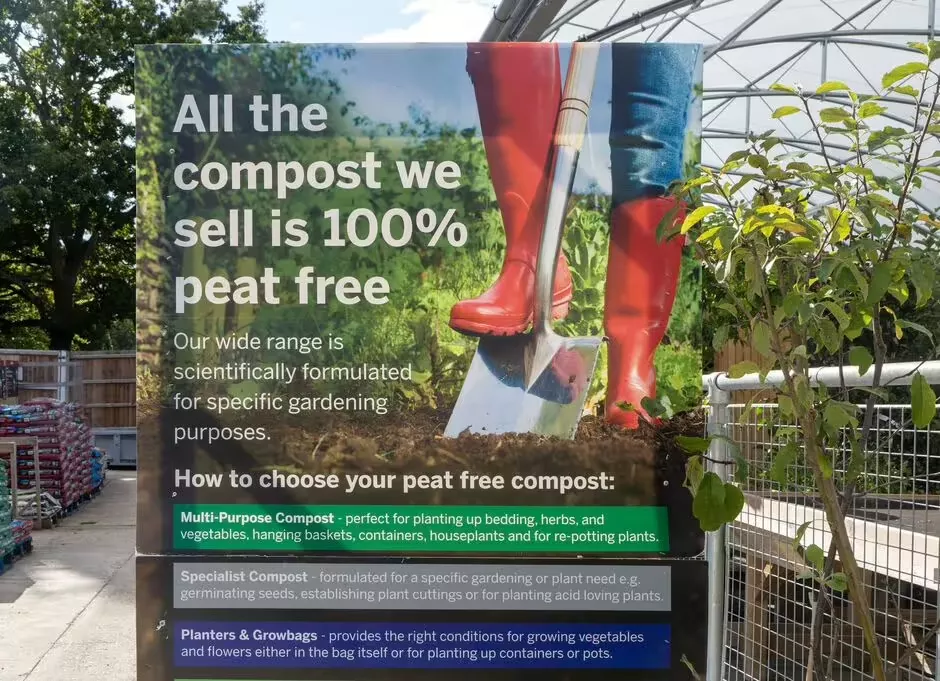Organisers of the Chelsea Flower Show have reversed their commitment to eliminate peat use by the end of this year, citing a “legislative black hole” as the reason for the setback.
In 2021, the Royal Horticultural Society (RHS) promised to stop using peat in all its operations by the end of 2025, including for the plants at its prestigious flower shows. However, the RHS has now announced it will make “concessions” for growers participating in its events, including the flagship Chelsea Flower Show, due to challenges in transitioning to peat-free plants.
Starting in 2026, 40% of nurseries in the RHS floral marquee will be allowed to sell “peat starter plants” — those grown initially in peat and later transitioned to peat-free methods. This exception will remain in place until 2028, the RHS stated.
The charity explained the delay by pointing to a lack of government legislation banning peat use, uncertainty about the definition of “peat-free,” and complex supply chains that rely on peat-grown plants imported, mainly from the Netherlands.
Environmental groups have long pushed for laws to ban peat in horticulture to protect peatlands, which serve as vital carbon sinks, wildlife habitats, and water filters, as well as helping prevent flooding — a cause the RHS supports. The RHS said the horticultural sector has made significant progress toward peat-free practices, having invested £2.5 million in research for alternatives, but cautioned that the industry cannot make the transition without broader support.
The RHS also pointed out that 60% of young plants sold in the UK, many of which start life in peat, are imported. Due to the lack of government regulations on peat imports and the complexity of supply chains, nurseries remain reliant on peat-grown plants, the charity explained.
Additionally, the RHS noted that the government has yet to clarify what “peat-free” means, as many plants currently in the supply chain were grown using peat at some stage.
RHS Director General Clare Matterson stated: “Every decision we make is focused on creating an environmentally sustainable industry while maintaining our leadership in peat-free horticulture. However, without government action on banning peat, it’s not a level playing field for growers, and the RHS cannot navigate this challenge alone.”
Matterson expressed disappointment over the need to delay the peat-free transition despite substantial effort, investment, and progress from the RHS and the broader industry.
Related Topics:


